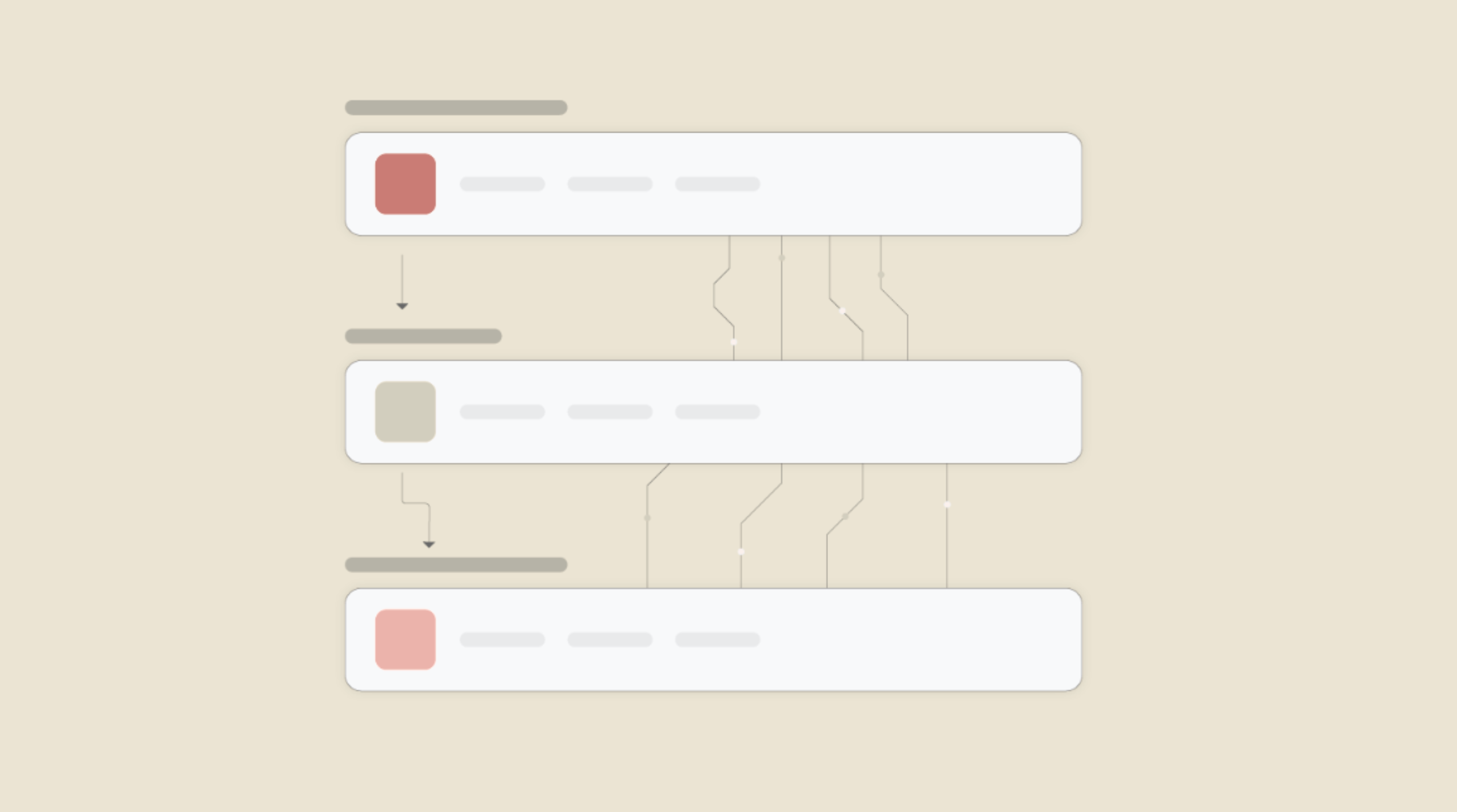Connect My Dukaan and Redis to Build Intelligent Automations
Choose a Trigger

When this happens...

New Customer
Choose an Action

Automatically do this!
- Request a new Action for Redis
Enable Integrations or automations with these events of My Dukaan and Redis
Enable Integrations or automations with these events of My Dukaan and Redis
Triggers
New Customer
Triggers when a new customer is added.
Actions
Get all Orders
Get a list of orders.
Create Category
Create a category.
Create Product
Create's a product.
Create Discount
Create's a discount.
Create a Warehouse
Creates a new warehouse.
Create a Customer Tag
Creates a new Customer Tag.
Explore more automations built by businesses and experts
Automate Instagram Comment Replies with Smart DMs
- text is ai
 ReplytoComment
ReplytoComment Send a Private ReplyAdd Step
Send a Private ReplyAdd Step - Is guide comment
 ReplytoComment Guide
ReplytoComment Guide Send a Private Reply GuideAdd Step
Send a Private Reply GuideAdd Step - multi keyword matchcmntdqJzLMYS
 ReplytoCommentMultiKeywordAdd Step
ReplytoCommentMultiKeywordAdd Step
Automate Expense Report Approvals via Slack & QuickBooks
- Send for Approval accept
 Create Entry of expensesAdd Step
Create Entry of expensesAdd Step - Send for reject
 Mail for RejectionAdd Step
Mail for RejectionAdd Step
Automate Instagram DM Replies, Reactions, and Team Alerts
- has response
 SendDMMessageAdd Step
SendDMMessageAdd Step - Notify team
 SendMailAdd Step
SendMailAdd Step - has react
 SendDMMessage ReactAdd Step
SendDMMessage ReactAdd Step
Know More About Mydukaan and Redis Integrations

How viaSocket Works | A Complete Guide
Gain insights into how viaSocket functions through our detailed guide. Understand its key features and benefits to maximize your experience and efficiency.

5 Simple Automation Hacks to Make Your Team Free
Unlock your team's potential with 5 straightforward automation hacks designed to streamline processes and free up valuable time for more important work.

What is Workflow Automation - Definition, Importance & Benefits | A Complete Guide
Workflow automation is the process of using technology to execute repetitive tasks with minimal human intervention, creating a seamless flow of activities.
Frequently Asked Questions
To start, connect both your My Dukaan and Redis accounts to viaSocket. Once connected, you can set up a workflow where an event in My Dukaan triggers actions in Redis (or vice versa).
Absolutely. You can customize how My Dukaan data is recorded in Redis. This includes choosing which data fields go into which fields of Redis, setting up custom formats, and filtering out unwanted information.
The data sync between My Dukaan and Redis typically happens in real-time through instant triggers. And a maximum of 15 minutes in case of a scheduled trigger.
Yes, viaSocket allows you to add custom logic or use built-in filters to modify data according to your needs.
Yes, you can set conditional logic to control the flow of data between My Dukaan and Redis. For instance, you can specify that data should only be sent if certain conditions are met, or you can create if/else statements to manage different outcomes.
About My Dukaan
Dukaan is a platform that enables businesses to create and manage their online stores with ease. It provides tools for setting up an eCommerce website, managing products, processing payments, and handling orders, all without requiring any technical expertise.
Learn MoreAbout Redis
Redis is an open-source, in-memory data structure store, used as a database, cache, and message broker. It supports various data structures such as strings, hashes, lists, sets, and more, making it highly versatile for developers looking to build high-performance applications.
Learn More